This program
public class OddBehavior {
public static void main(String[] args){
String[] words = new String[3];
words[0] += "ify";
System.out.println(words[0]);
}
}
has the following output:

I initialized an array of 3 Strings, which I thought would be null. But by adding the string "ify" to the end of words[0], the words[0] got the value "nullify", i.e. it already contained the String "null" (the String, not the value null!)